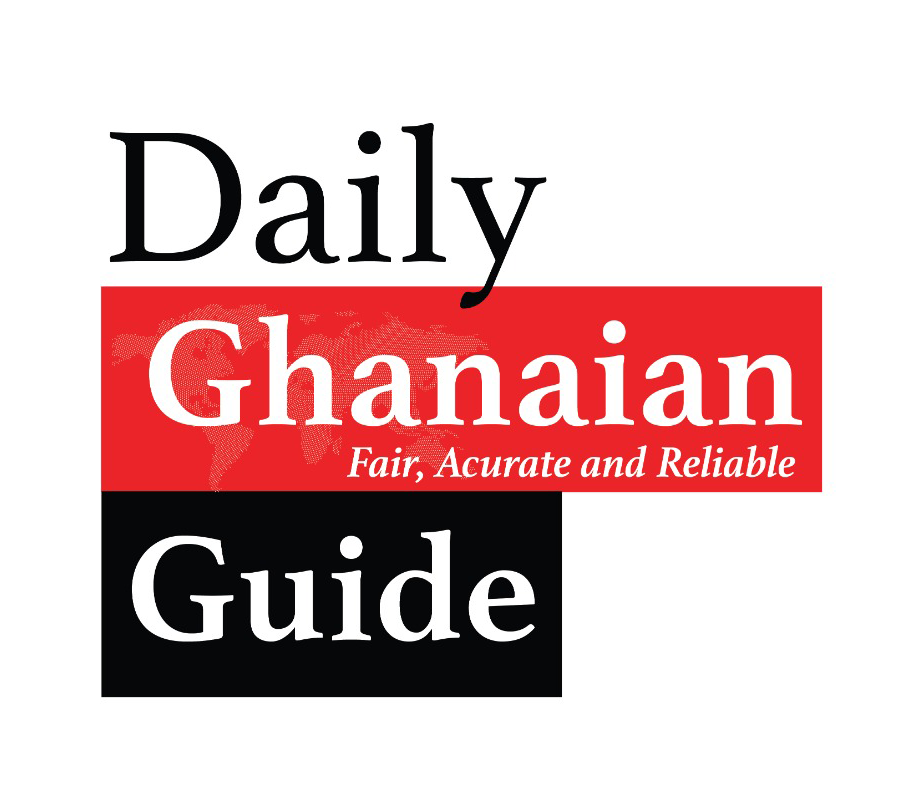Vision for Alternative Development (VALD) Ghana, a non-governmental organisation and the Media Alliance in Tobacco Control have expressed worry over the low prices of tobacco and its related products in the country.
According to the organizations, the government of Ghana has a lot to do in prices of tobacco products, saying that the prices imposed on the tobacco products are relatively low.
The low prices, he stressed, encourges smokers, particularly the young ones to buy the products to use.
“We strongly propose the adoption of a Specific Tax regime to replace the current Ad-valorem tax regime for tobacco products-the current prices at which tobacco products are sold is unjustifiably too low even when sold in packs. Cigarette prices in Ghana are as low as GH¢ 2 per pack of 10 sticks.
“Another is the duty-free arrangements at the country’s ports that, permit government officials and diplomats to carry tobacco products, without paying any duty.
“The attitude of the government towards increasing tax on tobacco products, with the excuse of using measure to discourage tax evasion and smuggling is unfortunate” he stated.
According to the Tobacco Atlas, Ghana’s excise tax is 16.06% of the retail price, far below pppthe WHO benchmark of a minimum of 70% of the retail price.
Mincing no words, the organisations urged the government to increase taxes of tobacco products in order to have an effect on the price of cigarettes.
They made the call on the premises that tobacco product like cigarette, the entire pack selling at G¢2.00 is too cheap, hence the price should be adjusted through regular review system that would control it accessibility and affordability
They added that the country must regulate tobacco products access and affordability to deter and protect the public against health hazards such as cancers and cardiovascular problems.
The Executive Director of Programmes at VALD, Mr Labram Musah made this known at the media launch of Ghana 2021 Tobacco Industry Interference lndex Report in Accra on Wednesday October 6, 2021.
The launch also marked the 2nd edition of tobacco industry interference index by VALD.
The index report present findings of the tobacco industry attempts and interference in government efforts to develop tobacco control policies, strengthen measures to control tobacco use and overall implementation of the World Health Organization Framework Convention on Tobacco Control (WHO FCTC) and its protocols.
The Ghana report is expected to form part of the Global Tobacco Industry Interference Index aimed at documenting how public health policies are protected from the industry’s subversive efforts, and how the government have pushed back against this influence.
In study, Mr Musah said a total of 10 recommendations were made to the government to help streamline the use of tobacco in the country.
He noted that although the country’s performance has improved by two advantage points, thus declining from 58 to 56, on the global tobacco industry interference index, much is needed to be done.
According to him, there are still signs of interference in terms of lack of transparency, corruption, and weak enforcement of the law.
Mr Musah, among many other things suggested that the government should engage Civil Society Organisations (CSOs) like VALD to develop the core of conduct to ban public organisations from receiving support from the tobacco industry.
He added that, establishment of an inter-agency coordinating committee under the health ministry to monitor the activities of tobacco industry should be considered.
He noted that despite this modest improvement, Ghana’s score is still high compared to countries like Uganda (34), Kenya (39), Gabon (48), Nigeria (53), Senegal (54), etc. Zambia (78) and Tanzania (73) has the highest form of TI interference in 2021
Acccording to him, even though it is mandatory in Ghana that all tobacco products bear health warnings;
shisha-a tobacco product mostly smoked by young people has no health warnings on the most purchased and less expensive smaller packs.
He said it therefore does not meet the required packaging health warning as prescribed by the Food and Drugs Authority (FDA).
He indicated that the tobacco industry is permitted by law a maximum period of eighteen months (540 days) to implement pictorial health warnings.
He pointed out that the weak capacity of tax and customs agencies to fight the illicit trade of tobacco in Ghana has played to the advantage of the tobacco industry.
Unfortunately, he said many countries in Africa violated the WHOFCTC and their national laws when COVID-19 emerged, adding that “The TI contributed huge sums of money into COVID-19 trust funds instituted by many countries. In Ghana, we did not officially record any of such support.”
On the issue of the unnecessary interactions with the tobacco industry, Mr Musah said the Ghana Revenue Authority (GRA) contracted De La Rue, a Kenyan entity affiliated to a publicly listed UK Group on 9th September 2020 to develop a track and trace system.
According to him, it was revealed that De La Rue also outsourced the contract to IT giant Atos, a longstanding tobacco industry partner.
He said that the Ghana government entering into partnership with the tobacco industry clearly showed the lack of transparency in the tender process, and this led to a temporary suspension of the contract by the Public Procurement Authority (PPA) in response to fierce public outcry.
According to Mr Musah, the contract was a clear conflict of interest because one of the WHO’s fundamental requirements for providers of anti-illicit trade systems is that they should be completely independent of the tobacco industry, a sector which has repeatedly been found complicit in the smuggling of its own products.
Ironically, he said the contract was not suspended because of the tobacco industry involvement with a state contract, rather, because of the lack of transparency in the procurement process and the unjustifiable exclusion of certain competitors.
This, he said indicated either the lack of understanding of the WHO FCTC Article 5.3, by government officials or a deliberate disregard for international protocols which Ghana has committed to enforce.
“We recommend that the government ban all tobacco-related CSR (Corporate Social Responsibility) activities and directs the tobacco industry to publicly report or declare their CSR initiatives in the country, as this is now currently available in the public.
“Additionally, we recommend full disclosure on this website of all activities including their market shares, revenue and profits , tax exemptions or any privileges the tobacco industry receives,” he urged.
He recommended that government through the establishment of an Inter-agency Coordinating Committee or under the chairmanship of the Minister of Health must prioritize surveillance and monitoring of the activities of the tobacco industry in the country to inform evidence-based policymaking.
In light of the evidence gathered in this report, he said it appears there is a clear low commitment and understanding of the TC laws which to a large extent benefits the tobacco industry.
For instance, he said the continuous sale of tobacco in single sticks despite a ban on such, the influx of illicit tobacco products in the market, the ‘Duty-Free’ tobacco products at the country’s ports, among others, all amounts to huge benefits and incentives to the tobacco industry while the country loses huge sums of revenue.
He urged that the government work with CSOs and other stakeholders to develop a code of conduct to guide the conducts of all public officials, to restrict government agencies and officials from receiving any form of support from the tobacco industry and make known their engagements and interactions with the Tobacco Industry.
“It is expected that the development and implementation of the code of conduct will avert some of the unnecessary interactions between government officials and the tobacco industry, as in the GRA case where the contract was suspended.
He said government must immediately facilitate the process of domesticating the “Protocol to Eliminate Illicit Trade in Tobacco Products” once it becomes a party to the Protocol.
He called for a total cancellation of the recently suspended track and trace system awarded to De La Rue by the Ghana Revenue Authority and open up a fresh application process that is independent and transparent devoid of tobacco industry involvement for a track and trace system for all tobacco products to effectively address illicit trade in tobacco products
He stressed that ” Combating this level of tobacco industry interference should be a priority for every tobacco control strategy because research shows that the tobacco industry continues to find innovative ways to maintain and expand its interests.
“The government must upgrade capacity and equip officials to enable them embark on special operations to clamp down on promotional activities veiled under the creative arts industry, using musical lyrics, movies, musical videos, stage craft, and others on mass platforms like social media and television to advance industry publicity, we strongly recommend anti-tobacco messages when scenes of tobacco and alcohol are shown,” he stressed.
“We trust that government will adopt this policy documents and recommendations therein to advance efforts in addressing tobacco related deaths and disabilities as well improving government efforts in developing policies or implementing strictly the existing laws to reduce interaction and industry attempts to derail tobacco control commitment,” he stated.














